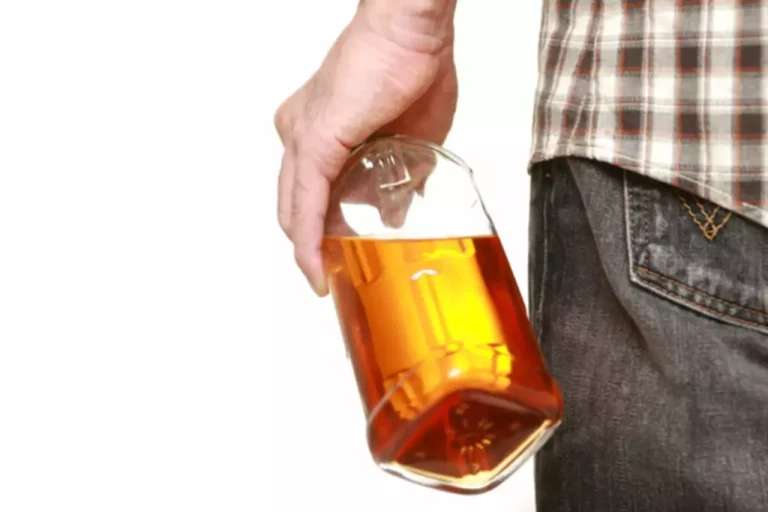
Although human relationships will always be complicated, doing our best to repair the damage restores our self-esteem and helps the other person resolve their hurt around the issue. The length of time it takes to complete the 12 steps of a recovery program can vary greatly depending on the individual and their circumstances. Some people may be able to work through the steps relatively quickly, while others may take months or even years to complete the process. It’s important to remember that recovery is a lifelong journey; the 12 steps are simply one part of that journey. Talk with your sponsor or others in your recovery community about what has worked for them. If your actions match your intentions and you reach out in person, you are doing the next right thing to right past wrongs.
When you make a real effort to change your past behaviors, you need to make the initial move in repairing broken relationships. These steps mean taking ownership of the past, apologizing for wherever you made mistakes and moving forward from those missteps. Another example would be of a person who’s been a taker all their lives suddenly decides they no longer want to be self-centered and selfish. They may choose to make living amends by promising to change their ways and become more helpful to others.
“Make direct amends to such people wherever possible, except when to do so would injure them or others.” Sometimes we may feel emotionally unsafe in making 12-Step amends. If this is the case, seek the advice of a qualified treatment professional or licensed therapist. Family matters may be best addressed in a proper therapeutic setting when possible. When making 12-Step amends, we must do our best to set aside any exceptions from the other person. Remember, we are present to clean “our side of the street” or address our wrongs and roles to the best of our ability.

Step 3 involves putting yourself at the mercy of this higher power and moving forward for “Him” — or whatever your higher power may be — over the selfishness of addiction. Step 2 is about finding faith in some higher power, and the accompanying principle of hope means that you should never give up that faith, even when you suffer a setback. Prove to those who love you that you are a person of your word, and they can rely on you when things get tough. How do you prove your worth to others after so many failed chances? If there are any concerns about content we have published, please reach out to us at
Although, you’ll have to find a different way to do so and in a way that makes a lasting impact on you and the people you love who are still here. Some people will be easier than others to approach due to the relationship you have with them, how close you live to them, or other factors. In some situations, living amends attempting to make amends may cause more harm than good. And in some cases, you may not be able to make direct amends at all. However, you can still take action in all of these situations to satisfy the spirit and the intent of Step 9 and progress in your step work.

By proactively and “promptly” admitting wrongs, those in recovery may be able to prevent future conflicts that could trigger a lapse in unhealthy behaviors or a return to use. An important element of step nine is that those in recovery have already begun making amends to themselves by changing some of their behaviors, attitudes, and beliefs. The goal of this step is to find freedom by cleaning up the past to live peacefully in the present. Those in recovery are encouraged to keep an ongoing ninth step in their life by continuing to pay off debts and refraining from lying, stealing, or cheating.
Living amends, in this event, can include making changes to the behaviors contributing to the falling out between the survivor and the person they owed an apology to. For example, let’s say a mother didn’t make an effort to escort her children to the school bus stop. One of her children is killed crossing the street on their own even after telling their mother that they were afraid to cross the busy street alone. A living amend might include a posthumous promise to the deceased child to, from now on, make it a point to walk their surviving siblings to the bus stop each day. It is very important to recognize that the act of making amends is for you and not the other person.

And remember, if you are feeling ashamed about mistakes made and damage done during your using days, you are not your disease. When first writing your list, don’t worry about including everyone you have wronged. Over time, as you strengthen and deepen your recovery from addiction, you will undoubtedly revisit Steps 8 and 9 many times.